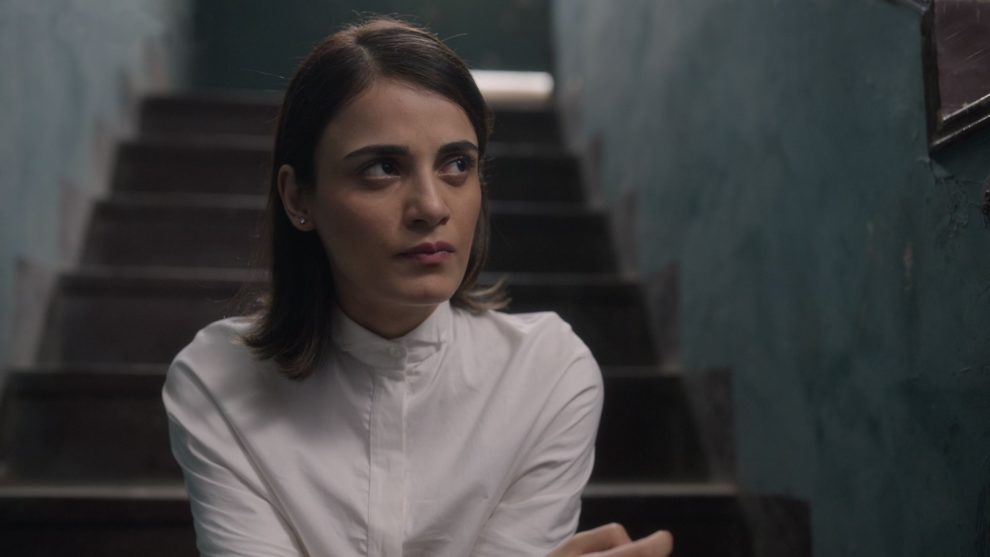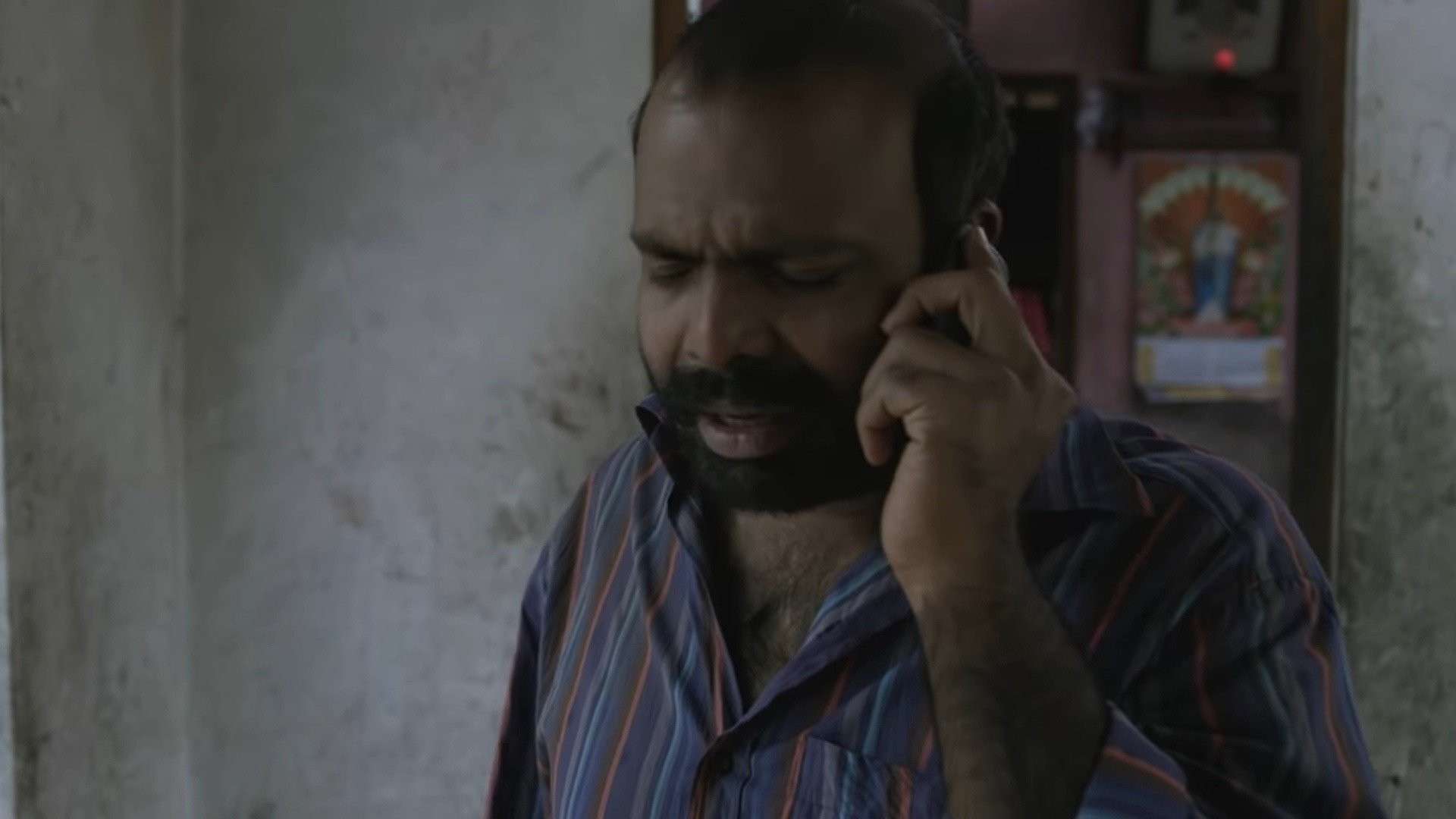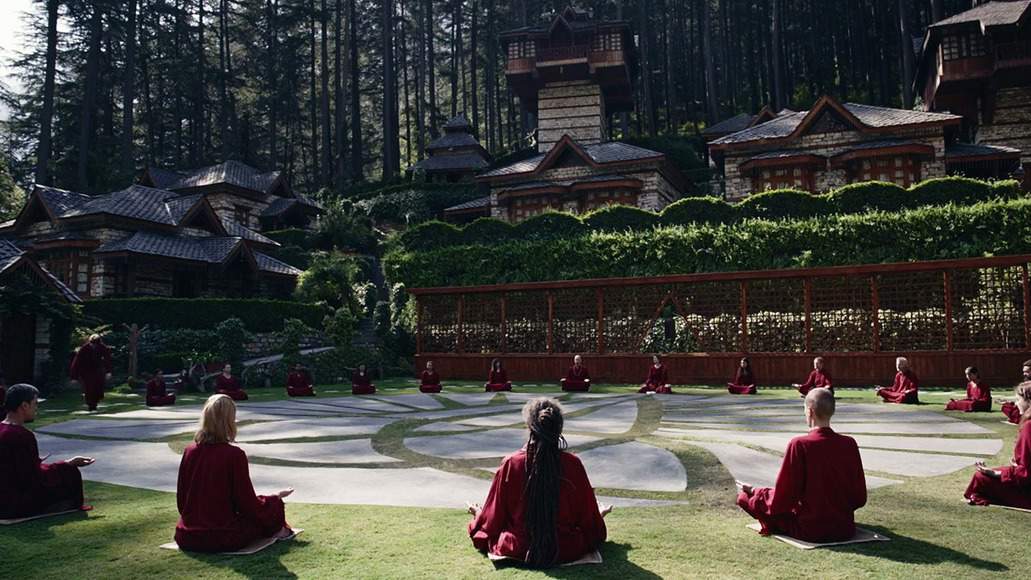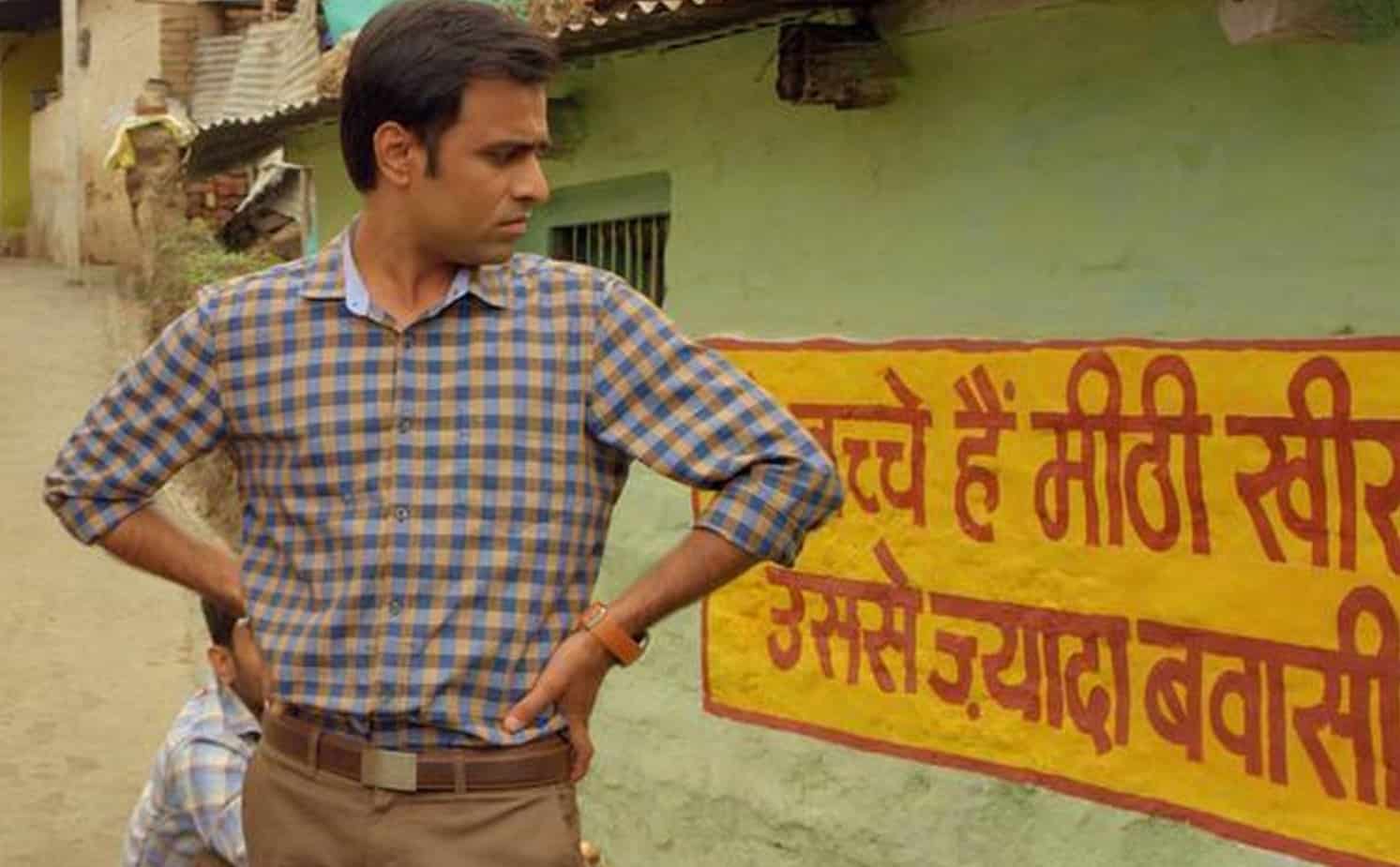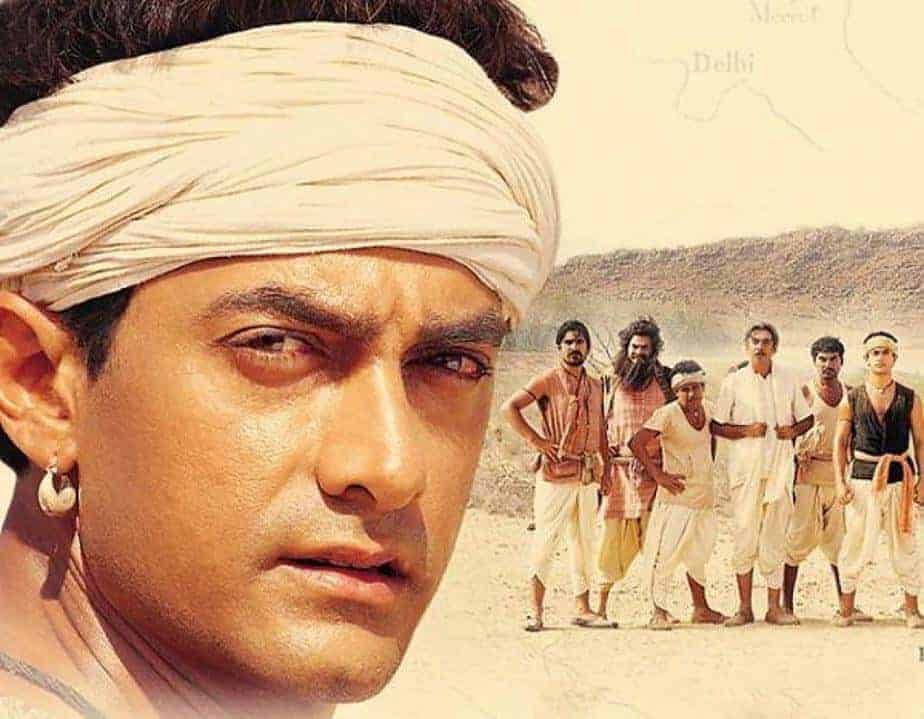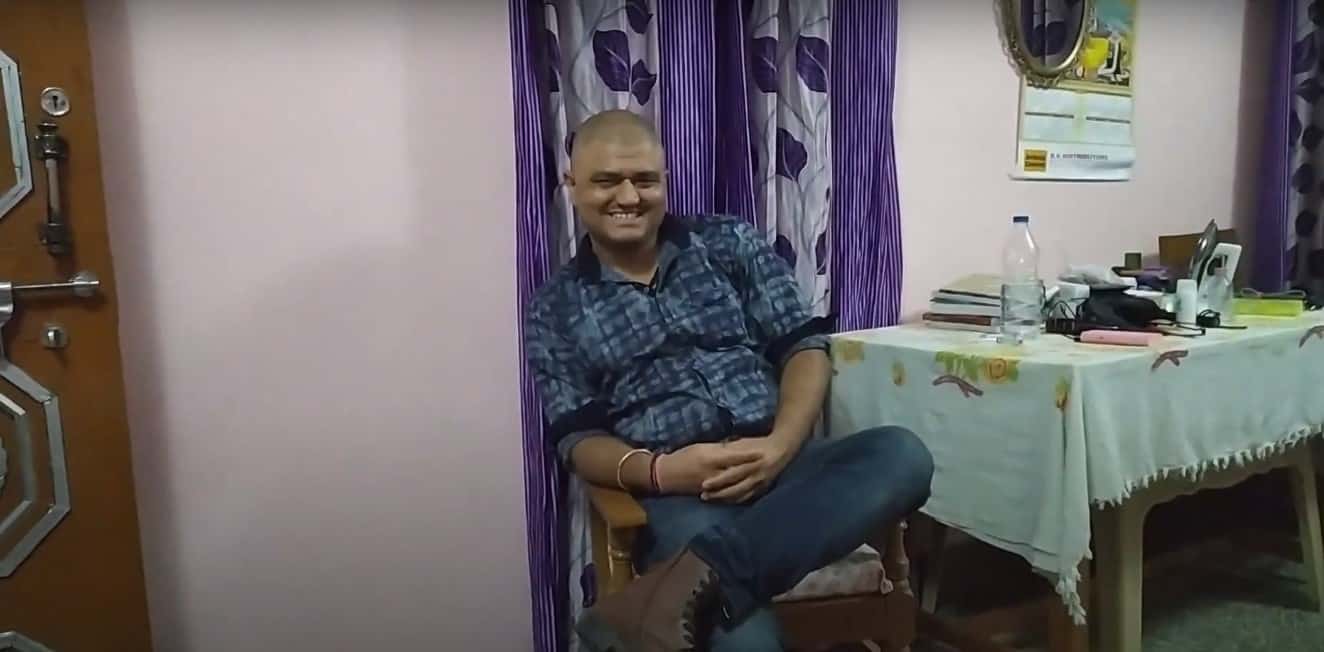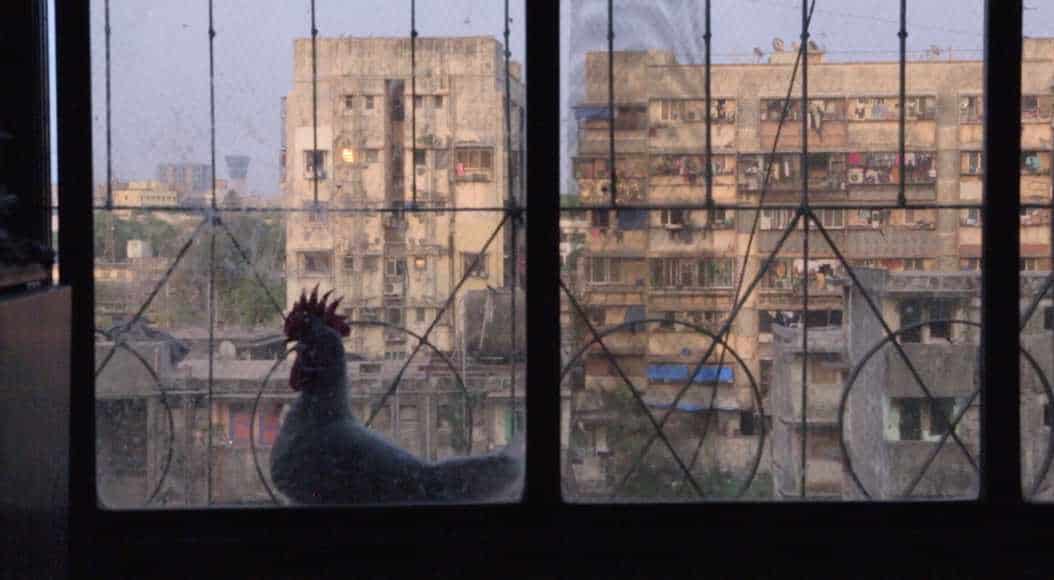Six years after premiering his debut feature “Loev” in Tallinn – a LGTBQ romantic drama that addressed the problems of the gay minority in India, Sudhanshu Saria is back at Black Nights Film Festival with a film about a young, succesfull woman who is dealing with a series of injustices and a personal drama. Built up around a seemingly simple story about the hardships a single, ambitious woman has to deal with in a deeply patriarchal society, “Saraa” could have turned into another tale about difficult choices many women have to make, if it weren't for intelligently plotted details about the titular character and her environment.

Saria is not making it easy for Sanaa (Radhika Madan, the star of Vasan Bala's 2018 TIFF winner “The Man Who Feels No Pain”) whose carefully built image of toughness slowly decomposes in front of our eyes. On the other hand, he succeeds in guarding her hard-as-nails image in the storyline itself. When she first appears on screen, Sanaa is very determined to deal with her growing problem on her own, mostly for the sake of career, and even when it becomes evident that nothing goes according to her plan, she sticks to the original decision.
There is an interesting mixture of modern ideas and classical elements of the Indian film tradition: a feminist story meets Bollywood musical components, discreetly used in few scenes and in a completely different context. While one dance number serves to show a typical wedding atmosphere, the other is used as a form of connection between two young neighbours who present their lives to each other in a duet. The third, and the most memorable one is the film's only true comedy moment and the means to prevent a very sad situation becoming overloaded with emotions. In this way, the director's love declaration to Bollywood movies stays in frames of a tribute without becoming the thing. There are admittedly a couple of scenes in which music overstays its welcome by accentuating the obvious, but this is probably a matter of personal taste.
Modernity and tradition are also contrasted through Ameira Punvani's superb costume design, with Sanaa and her colleagues from the corporate world squeezed in posh western designer garments unlike the people outside that bubble. Constract is also given through the images of the stately-owned versus private clinics. It is not a matter of a stereotypical representation of underprivileged and privileged, because “Sanaa” isn't a film that plays on the poverty porn tropes. What we see is the way patriarchy tries to preserve its conservative ways – a husband hysterically crying in anger that his wife might lose their unborn son, because “a daughter doesn't complete a family”, or a little boy trying to provoke Sanaa by kicking his slipper in her direction.
In building the film's characters, Saria pays attention to the diversification. Gender roles are presented honestly, without pathos or exaggeration, but well enough to give a good insight into the unwritten rules of ‘how things should work'. Be that as it may, men are shown in intimidating moments in which their masculinity and power over women are questioned. They are not vilified, but also not made loveable, with only two small exceptions. Regarding Sanaa, a stylish, uncompromisingly independant woman with big dreams of building up her career in Berlin, she has to fight for her space, also in a pure physical sense: the neighbours want her out of the buidling finding it strange and probably immoral that a woman lives alone. Her equally single, male immediate neighbour doesn't have such problems, and is free to come and go as he pleases without having to answer any questions. Another simple, welcome contrast.
To depict an atmosphere in a private clinic that performs abortions, the director lets his titular character drop her mask and also her clothes, in a scene that is on the one hand taboo-breaking, and on the other not sexualized. It also stands for Sanaa's hidden vulnerability, in the moment when she can finally drop off her guard and show her true emotions. Until the crucial scene in which she confronts her mother (played by the Indian multi-talent Pooja Bhat who is dominating the screen), one has the feeling that Sanna is boxing the air, too often and too fiercly.
Worth mentioning is the photography by Deepti Gupta whose hand is calm and the eye focused on the body language and interactions between the protagonists. The colours are icy-blue or the palette of autumn (gold, red and green), the image crisp.
“Sanaa” had its world premiere in the Official Selection of PÖFF where it competes for Grand Prix.


